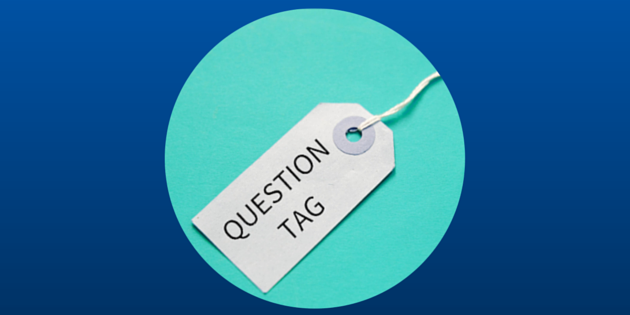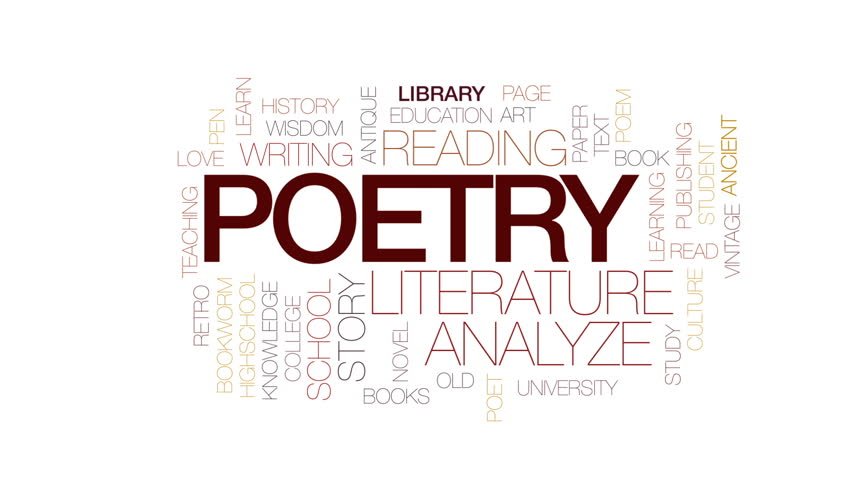Back to: ENGLISH LANGUAGE JSS 2
Welcome to Class !!
We are eager to have you join us !!
In today’s English Language class, We will be discussing Question Tags. We hope you enjoy the class!
TOPIC
- Grammar: Question Tags
- Comprehension: The Search for Honey
- Vocabulary Development: Speaking
- Writing: Letter to a Friend
- Literature in English: Sunrise Poetry
A. Grammar: Tag questions

Content: To revise question tags.
Questions tags are used to get the person we are talking to, to confirm that what we are saying is correct. The statement is turned round so that the subject follows the auxiliary/modal verb, like thus ‘We’re going, aren’t we?
If the statement is positive, the question tag is negative e.g. we’re very happy, aren’t we?
If the statement is negative, the question tag is positive e.g. we’re not very happy, are we?
Sometimes, the statement does not use auxiliary, for example, we may say:
They ate rice and beans last Thursday.
If we want that statement confirmed, we have to supply the auxiliary by imagining that they are takes the form they did eat. Now it is possible to form a question tag:
They ate rice and beans last Thursday, didn’t they?
EVALUATION
Effective English JSS 2. p. 170 Practice 2 (1-8)
READING ASSIGNMENT
Effective English JSS 2 P. 170
B. Comprehension/Reading

Content: The Search for Honey.
This passage is an extract from Kola Onadipe’sThe Adventure of Souza.
The story is an adventure of some schoolboys who journeyed towards the bush in a bid for honey. The boys on several occasions remind themselves of the rules of the game.
On their way, they discuss what their courage will earn them in school and what they will do with the honey.
EVALUATION
Effective English JSS 2 p. 169 Practice 3 (1-8)
READING ASSIGNMENT
Effective English JSS 2 P. 168 – 169
C. Vocabulary Development

Content: To learn some words of speaking.
- Tell: to give information, e.g. He told him the news.
- Discuss: to talk about something (do not use about after discuss). These sentences mean the same.
- We talked about the accident.
- We discussed the accident.
- Chat: to talk with friends about everyday things.
- Grumble: to keep on complaining in an unhappy way.
- Murmur: to say something softly and quietly.
EVALUATION
Practice 2 p. 168, Effective English JSS 2.
READING ASSIGNMENT
Effective English JSS 2 P. 167.
D. Writing

Content: A Letter to a Friend.
Your task in this lesson is to write a letter to a friend about your own age. In it, you will give an account of a visit you made recently. Include these points in your letter.
- Say why you went there (e.g. to see a friend in the hospital, to see a factory at work, to see what happens in a coal mine etc.).
- Include a paragraph describing the place.
- Say what you did there, or what you saw there.
For this letter, choose any kind of place you like (e.g. a college, a market, a hotel). Begin and end your letter with the usual friendly greetings and enquiries about the health of your friend and his/her family.
EVALUATION
A friend of yours had been absent from school for about a month due to illness. Write a letter to him/her describing some interesting things that had happened in the school during his/her absence.
READING ASSIGNMENT
Effective English JSS 2 p. 175
E. Literature: Sunrise Poetry.

Content: The Dawn
Theme/Analysis
This poem discusses the coming of a new day- the dawn. The Poet describes the struggle between light and darkness; and eventually how light takes from the darkness of the night.
Towards the end of the poem, the poet employs the new day to favour him.
Poetic Devices
- Diction: The poem is a straight forward one and is composed of simple words that anyone can understand. Words like ‘rise and walk’, ‘take over’, ‘welcome’ etc.
- Tense: The poet uses the present simple tense to show us that the occurrence of dawn is a habitual action that is an everyday action.
- Mood/tone: The poet is full of admiration for the herald of the new day. Hence, the poet happily expresses himself. ‘a great struggling in the sky’, the struggling.
- Personification: ‘light wants to take over from darkness’, ‘No, darkness says to the light’, ‘light that gives a new look to the day’
EVALUATION
- Write out five present tense sentences from the poem.
- Write a word to replace this phrase: the first appearance of light.
READING ASSIGNMENT
Effective English JSS 2 p. 167
GENERAL EVALUATION/REVISION QUESTIONS
- Complete the following sentences with the correct expressions;
- The man goes to his workshop everyday ………………….? Yes, he …………………..
- Tinuke seldom comes to school these days, ……………………?
- Judith isn’t very honest a girl …………………….? …………………….
- Rose hardly does her laundry on Saturday ………………………? …………………
- They had a party last night ………………? ……………………………
- Apart from the examples given in the poem, The Dawn, write three examples of personification and state their meanings.
WEEKEND ASSIGNMENT
- Read the passage and decide which word or phrase, a, b, c, d, best fits each space.
The cause of sickness and death was largely by _1_ diseases such as tuberculosis, measles and smallpox. Such diseases can easily spread from one sufferer to another.
Victims were taken to the _2_ for treatment. Many victims are not taken for medication due to _3_ of many families. Medical doctors would _4_ injection for patients who would be required to purchase some _5_ from the pharmacy department in the hospital premises.
A B C D
- potent medical communicable hospitable
- hospital maternity herbalist nurse
- opulence sincerity tribalism poverty
- proscribe apply prescribe administer
- herbs drugs concoction nurse
- Change the following statements to passive voice.
- He drove the car.
- They ate the food.
- We did the work.
- My mother wrote two letters.
- She drew the plan.
- Put in the appropriate question tags and replies to the following statements.
e.g. The girl has money, hasn’t she? Yes, she has.
- The principal is a kind man, ___________? __________
- He won’t go to work. ____________? ________________.
- Mary cannot write letter, ____________? _______________.
- David came here yesterday, ___________? _______________.
- The dog eats rice, _____________? __________________.
We have come to the end of this class. We do hope you enjoyed the class?
Should you have any further question, feel free to ask in the comment section below and trust us to respond as soon as possible.
In our next class, we will be talking about the Uses of the Form of the Verb Have. We are very much eager to meet you there.
